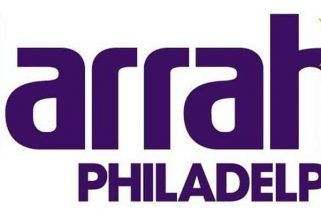None of Pennsylvania’s properties that are eligible for sports betting licenses have forwarded their applications to the Pennsylvania Gaming Control Board (PGCB), the state regulator. Just like many other holdouts, the reason is a financial dispute between the stakeholders.
The rollout of the Keystone State’s sports betting industry remains almost stagnant despite the fact that the law that permitted sports wagering in the case that the United States Supreme Court lifted the federal ban sports betting has been around since October 2017. The Supreme Court ruling that came on May 14 has since paved the way for sports wagering in New Jersey and a number of positive legal developments in many other states, but Pennsylvania seems to be making little – if any – progress.
Rep. Robert Matzie (D-Beaver County), a lawmaker central to the state’s gaming legislation process has many times assured the public that despite the $10 million up-front sports betting licensing fee and the 36 percent tax rate on gross revenue, the operators will eventually come round, especially as the NFL season draws closer. He maintains that the potential sports wagering market in the Keystone State will be way too attractive for the state’s 13 licensed casino operators to resist.
Too Early to Tell?
So far, the only viable response to what is going in the state is a June letter addressed to the Pennsylvania Gaming Control Board by Daniel Ihm, the Penn National Gaming vice president.
“The $10 million license fee and 36% tax rate established in the Gaming Expansion Legislation are the highest in the world and may make it impossible for a casino operator to make any return on its investment capital. Based on the tax rate and the fact that, on average, 95 percent of sports wagers are returned to winning bettors, PNG estimates it could lose approximately 40 cents on every $100 wagered on sporting events,” the letter read.
Many operators have similar sentiments and have made it clear that they are considering other states for their sports betting operations. The National Football League has also echoed the same through a statement they sent to the PGCB citing concerns that the high costs may “render legal market participants unable to effectively compete with the illegal market.” They further suggested that before the Pennsylvania legislature closes on November 30, the lawmakers should “reconsider laws and regulations that could have unintended consequences of advancing illegal sports betting.”
Unfortunately, there are no ongoing conversations about the currently constituted structure between stakeholders and the lawmakers, that is, apart from the letters that the PGCB has received so far.
“We don’t legislate, we regulate,” the board’s spokesperson said. “Our job is to put together the regulations and let the chips fall where they may.”













